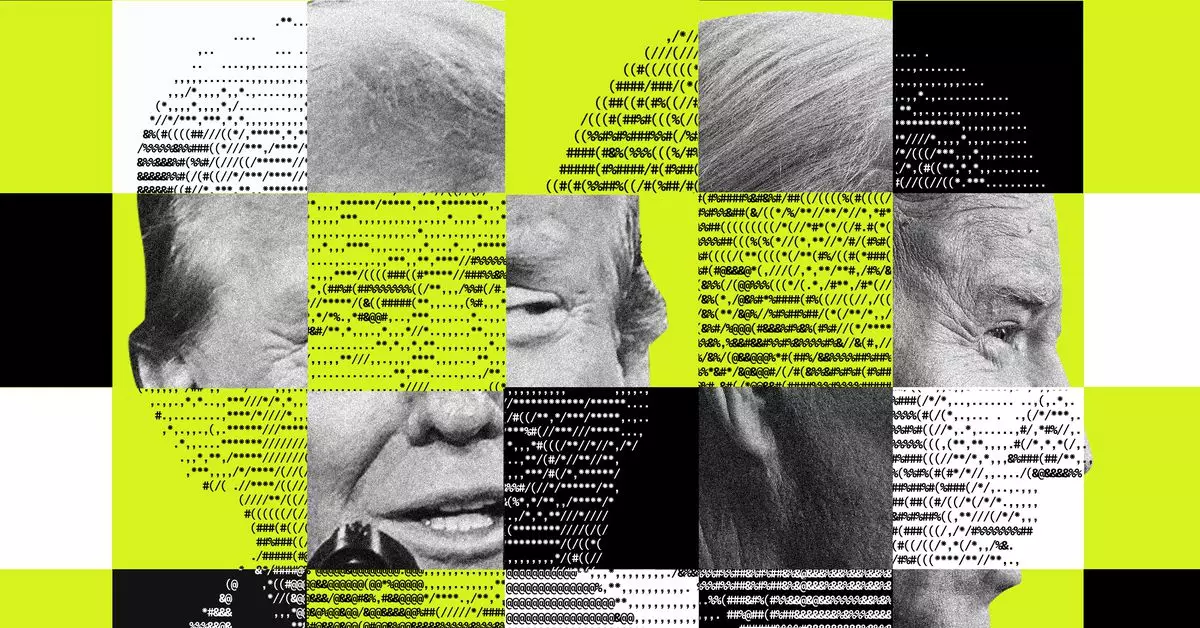Generative AI has become a hot topic in recent years, with its ability to create realistic images, audio, and even video. However, with great power comes great responsibility, as these technologies can also be used to spread misinformation and lies, especially during important events like presidential elections. In a recent podcast episode of Decoder, the host and Verge policy editor delved into the potential dangers of generative AI in fueling misinformation during the US presidential election.
The conversation around media manipulation on social platforms ebbs and flows with each election cycle. From Russian disinformation campaigns in the 2016 election to the banning of Donald Trump on major platforms after the January 6th attacks in 2020, the issue of misinformation remains prevalent. The rise of generative AI tools like OpenAI’s Sora raises concerns about the creation of fake videos that can further exacerbate the spread of false information.
Dirty political tactics are already at play, with reports of fake robocalls targeting political figures. The ease and scalability of generative AI in creating fake audio highlight the urgency of addressing the potential impact on elections. As the 2024 election approaches, the need for nuanced discussions on misinformation becomes more apparent, but navigating the legal and ethical challenges remains complex.
Addressing the spread of misinformation requires a multifaceted approach. Balancing the First Amendment rights with the need to combat malicious misinformation poses a significant challenge for policymakers and social media platforms. The ongoing debates on platform moderation and the boundaries of protected speech further complicate the issue.
While there may be hope for a more nuanced approach to misinformation in future elections, the widespread use of generative AI technology underscores the need for proactive measures. AI companies, social media platforms, and policymakers must work together to mitigate the impact of misinformation on electoral processes. As individuals, it is crucial to stay informed and vigilant against the spread of false information as the election cycle intensifies.
The rise of generative AI poses a significant threat to the integrity of elections by amplifying the spread of misinformation. Addressing this challenge requires a collective effort from various stakeholders to uphold the democratic principles of transparency and truth in the digital age. As we navigate the evolving landscape of technology and politics, it is essential to remain vigilant and proactive in combating the harmful effects of misinformation fueled by AI advancements.


Leave a Reply